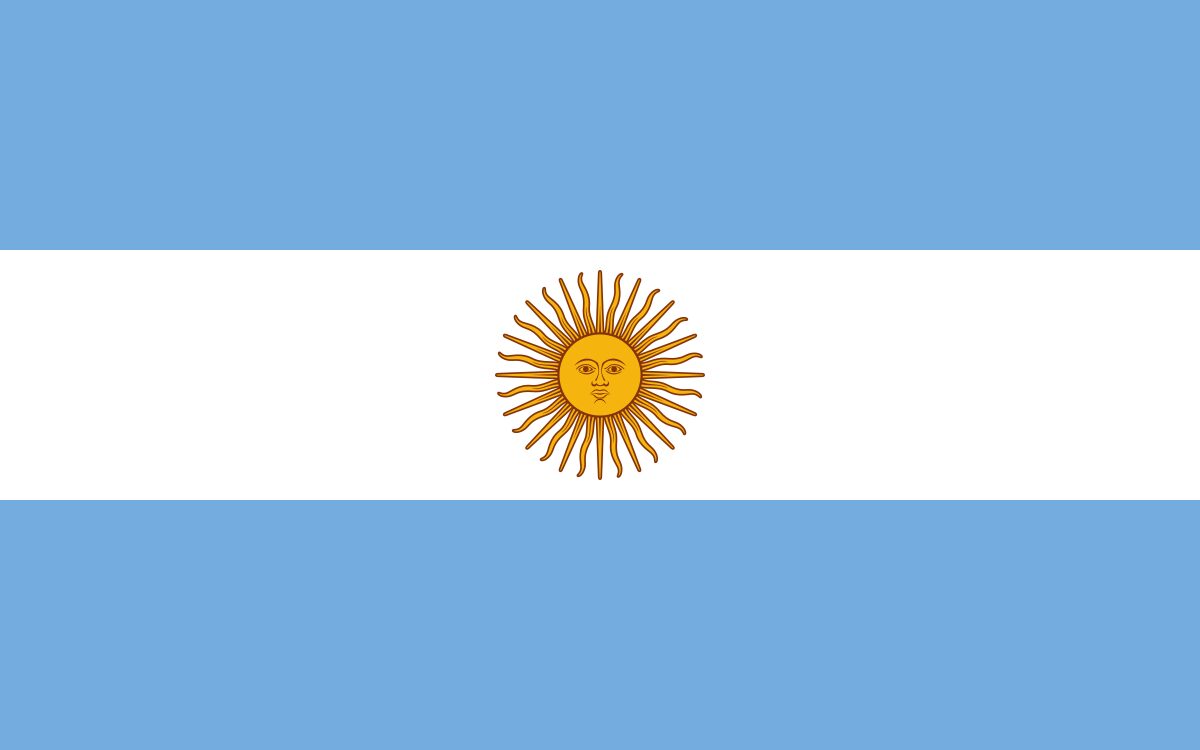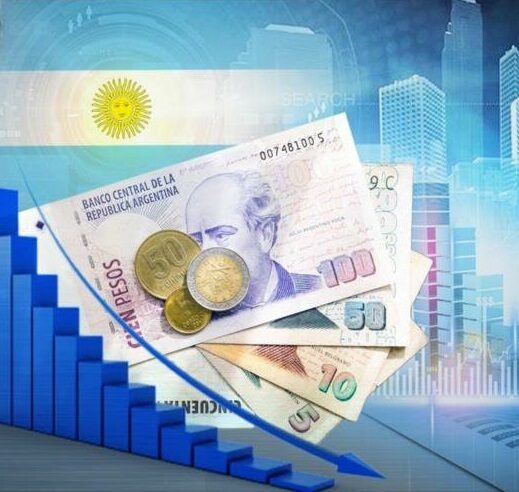Argentina fell to sixth place in GDP in Latin America

For several years, Argentina has been alternating periods of economic growth with others of recession. Analysts calculate that in 2019 the Gross Domestic Product (GDP) will fall for the second consecutive year.
Argentina experienced a period of expansion due to the boom in prices of raw materials that occurred between 2003 and 2012, when historical highs were registered for agricultural products and industrial derivatives, the main sources of income from exports of the domestic economy.
Unfortunately, a series of mistaken policies, such as exchange controls, carried out from October 2011 to December 2015, and the heavy foreign debt between 2016 and 2018, reversed that growth cycle of the previous decade to enter a phase of stagnation.

National accounts data from the World Bank and data files from the Organization for Economic Co-operation and Development (OECD) revealed that Argentina's GDP per capita fell last year to its 2010 level, calculated in US dollars at current prices.
In 2018, a year in which an economic recession of 2.5% and a devaluation of the peso of 51% coincided, Argentina's GDP per capita fell to USD 11,652.6, which is lower than the USD 12,848.9 of 2011, before they establish the exchange "stocks".
Argentina, which had managed to occupy the measurements of GDP per capita in the region (from 1986 to 1988 and from 1991 to 2001), was relegated to sixth place in Latin America. It has been surpassed by Uruguay (USD 17,278), Trinidad and Tobago (USD 16,844), Chile (USD 15,923), Panama (USD 15,575) and Costa Rica (USD 12,027).
